Shenzhen University Medicine Forum:Mechanisms of macrophages regulate infection and tumor
On the morning of June 13, 2025, Professor Gao Xueyun from the Beijing Institute of Technology served as the guest speaker for the 136th lecture of the Shenzhen University (SZU) Medicine Forum. His lecture, titled Inhibition of Protease Activity and Disease Treatment by Metallopeptide Molecules, was held at Building A7, Shahe Yuan, Lihu Campus, SZU Medical School at the invitation of Professor Chen Xinchun (School of Basic Medical Sciences, Medical Department, SZU). The lecture focused on how metallopeptide molecules inhibit protease activity and their potential applications in disease treatment.
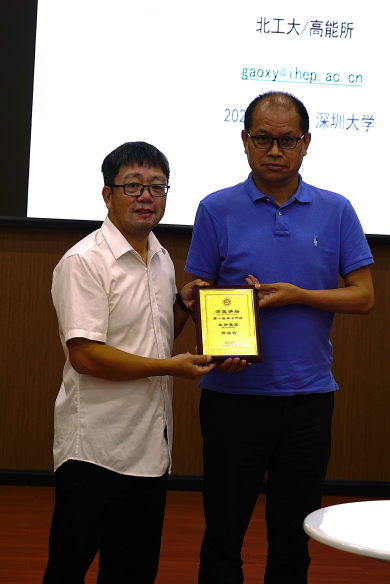
Professor Gao Xueyun first introduced the synthesis and applications of metallopeptide molecules and presented pharmacokinetic data from studies in mice. The results showed that when rats were administered an intraperitoneal injection of 5 mg/kg of metallopeptides, the bioavailability exceeded 90%, with peak blood concentration reached 2 hours after administration. The drug was primarily metabolized by the kidneys and excreted in the urine. In addition, alternative administration routes, such as intramuscular or subcutaneous injection, demonstrated improved pharmacokinetics and bioavailability. Professor Gao then introduced the antiviral functions of metallopeptides based on his team’s research. Notably, during the COVID-19 pandemic, his team found that metallopeptides exhibited strong antiviral activity against the SARS-CoV-2 virus. Injections in mice led to improved lung pathology and a significant reduction in viral load in the lungs.
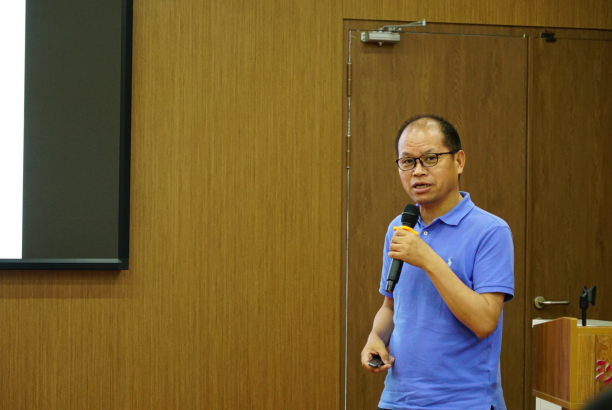
Brief introduction to the speaker
Professor Xueyun Gao is a professor at the Beijing Institute of Technology and a visiting researcher at the Institute of High Energy Physics, Chinese Academy of Sciences (CAS). A recipient of the National “Jieqing” Young Talent Award, his research focuses on bioimaging methodologies and immune drug screening, with the aim of developing new technological approaches for the early diagnosis of diseases and the treatment of immune disorders.
In the field of bioimaging, his team develops diagnostic methods based on nanomaterials and nuclear technology. In the area of immune drug screening, they apply artificial intelligence and experimental hybrid technologies to identify dual-target drugs that both modulate immuno-inflammatory responses and inhibit the activity of pathogenic microorganisms.
Over the past 10 years, Professor Gao has published more than 170 SCI-indexed papers. He has received one Provincial Natural Science Award (First Prize) and has been granted six U.S. invention patents and 15 Chinese invention patents. He successfully completed the industrial-scale production of one patented technology and secured product registration and approval from the Ministry of Health (No. 134 of 1998, for immune stimulation), which entered the market in 2000. In addition, two patented technologies have been licensed and commercially developed into diagnostic and therapeutic products.


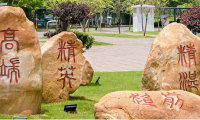
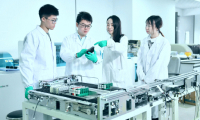
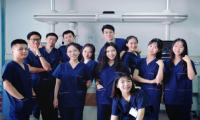



用户登录
还没有账号?
立即注册